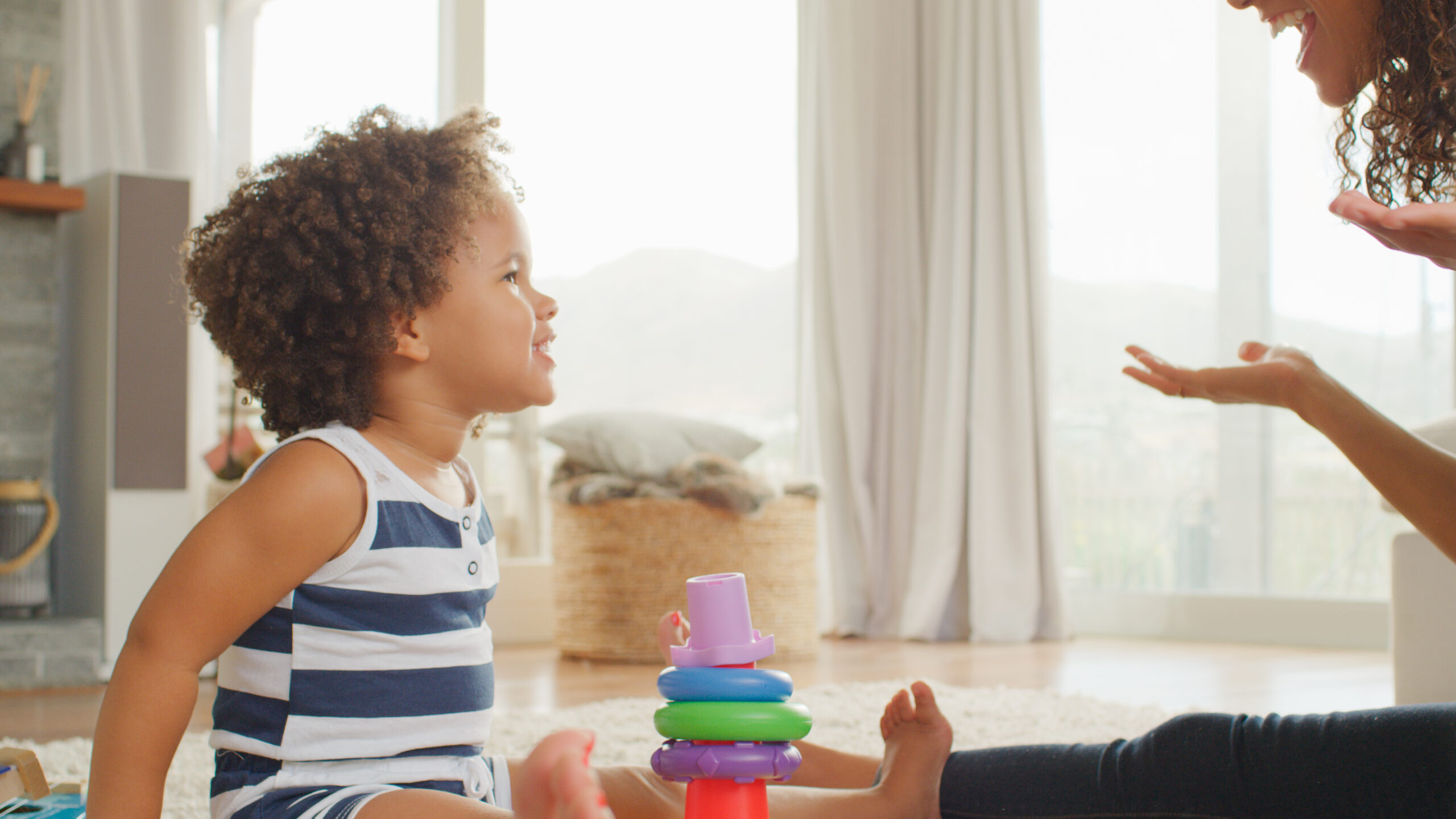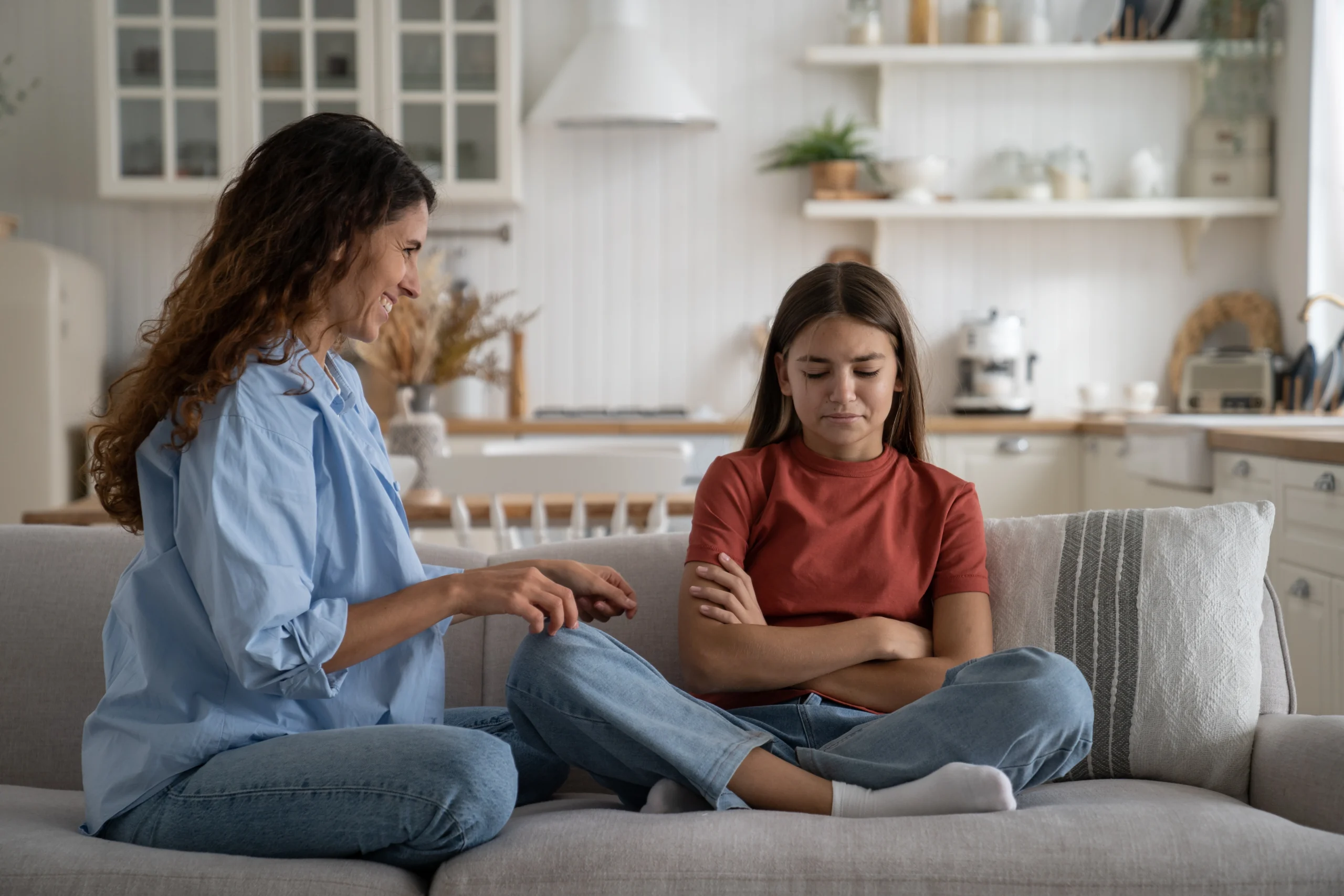We’ve all been there—your child is mid-meltdown in the grocery store aisle, or maybe they’re lashing out at a sibling after a long school day. It’s in these challenging moments that the magic of self-regulation can make all the difference. And while emotional control may not come naturally to kids (or adults!), it is a learned skill—and one that begins at home.
As a Child Development Specialist, I often remind parents that our job isn’t to create perfect children, but to model and guide them toward emotional intelligence. In this blog, we’ll dive into what self-regulation really means, why it’s essential, and how to help your child build it in everyday life.
1. Start Early with Routine & Predictability
Self-regulation is the ability to manage one’s emotions, behavior, and energy levels in response to a situation. It begins with a sense of structure and security.
a. Use Toddler Activities to Teach Patience
Simple games like “Simon Says” or puzzles teach children to wait, listen, and follow directions. These fun exercises lay the foundation for impulse control.
b. Schedule Regular Family Meetings
Carve out time each week to talk about feelings, conflicts, and achievements. Giving kids a voice helps them name their emotions and feel validated, while reinforcing routines and mutual respect.
c. Consistency Creates Calm
Children thrive on predictability. Mealtime routines, bedtime rituals, and morning check-ins are all gentle ways to reinforce calm and prepare them to self-regulate during transitions.
2. Be a Role Model of Regulation
Whether we like it or not, our children are always watching. How we handle stress teaches them how to handle theirs.
a. Embrace Mindful Parenting
Take a deep breath before reacting. Pause when you’re angry. These simple acts show children that emotions are okay, but so is slowing down to respond thoughtfully.
b. Practice Nonviolent Communication
Instead of “Stop yelling,” try “I hear you’re upset, let’s talk about it calmly.” Language shapes reality. Reframing correction with kindness helps teach your child better coping strategies.
c. Encourage Active Listening Parenting
When your child is venting, resist the urge to interrupt or problem-solve right away. Just listen. You’d be surprised how powerful your undivided attention can be in de-escalating big emotions.
3. Teach Regulation Through Connection
Children learn to regulate when they feel connected, seen, and safe.
a. Build Skills with Play
Games that involve waiting turns, following rules, or role-play (like doctor or restaurant) encourage empathy and cognitive control—cornerstones of emotional regulation kids need.
b. Promote Holistic Child Development
Focus on the whole child—emotionally, socially, and cognitively. Sleep, diet, physical activity, and safe relationships all contribute to a child’s ability to regulate themselves.
c. Explore Resources Like Best Parenting Books
Books like “The Whole-Brain Child” or “No-Drama Discipline” offer evidence-based techniques that align with how to implement conscious parenting techniques at home and support positive discipline strategies for toddlers.
Real-Time Insight
According to the CDC, children with strong self-regulation are 2x more likely to perform well in school and develop healthy relationships. But only about 40% of U.S. children under 6 demonstrate age-appropriate self-regulation skills. This underscores the need for early, intentional support.
Conclusion: It Starts With You
Self-regulation doesn’t develop overnight. But with patience, empathy, and the conscious parent mindset, you can help your child thrive emotionally and socially. Your presence and guidance matter more than perfection ever could.
Tip: Create a “calm corner” in your home—a soft space with books, sensory toys, or calming visuals. Let it be your child’s safe place to self-regulate.
Don’t forget to follow us on Instagram, and YouTube for more insights and expertise.
For the latest news and updates, click here to view our recent press releases.






